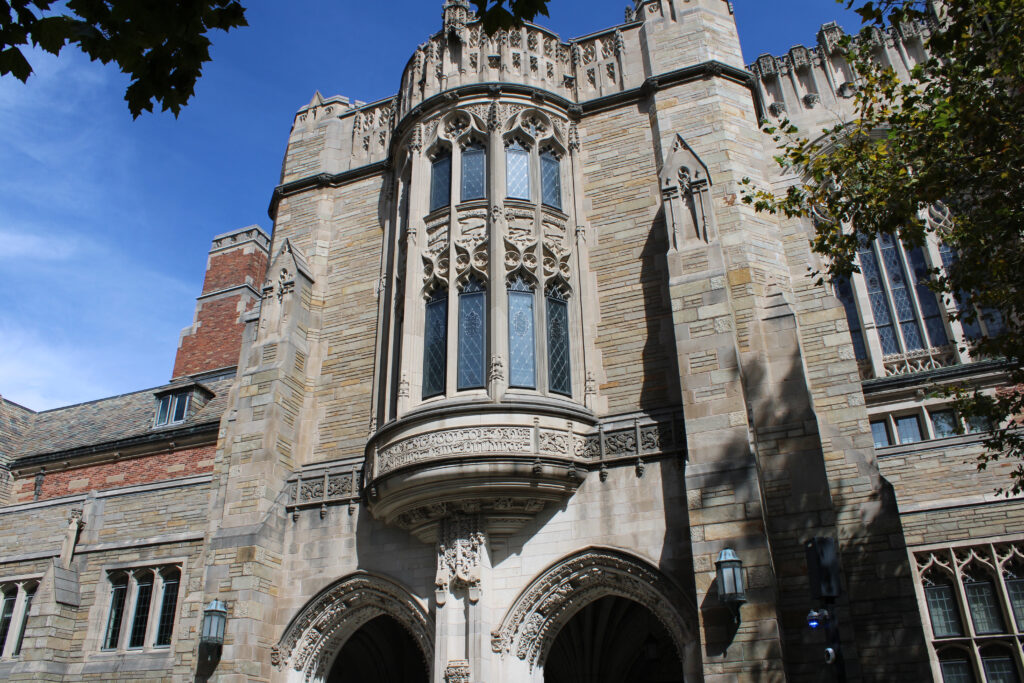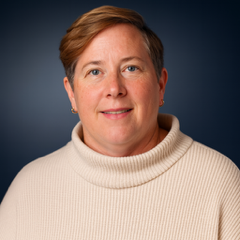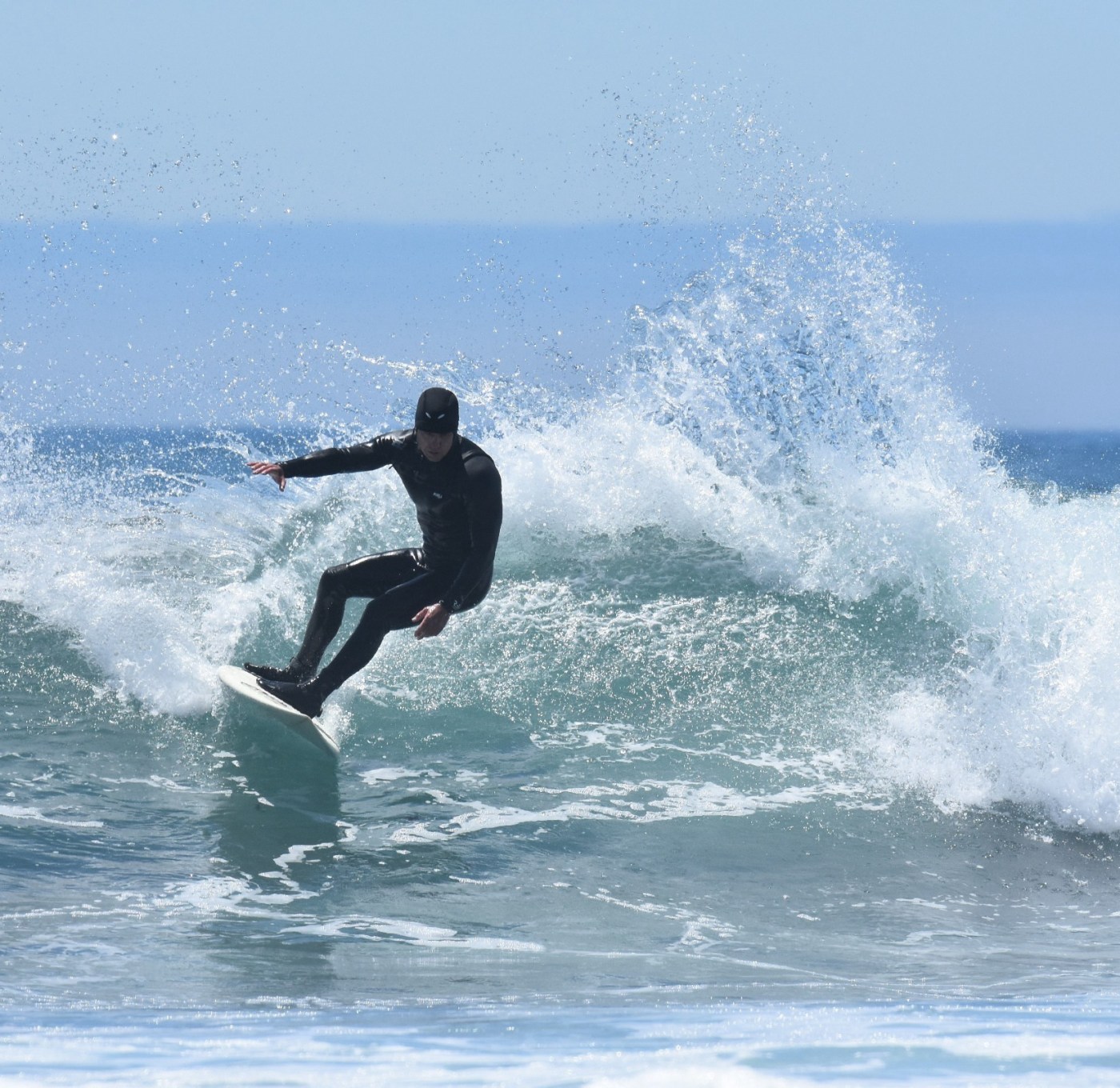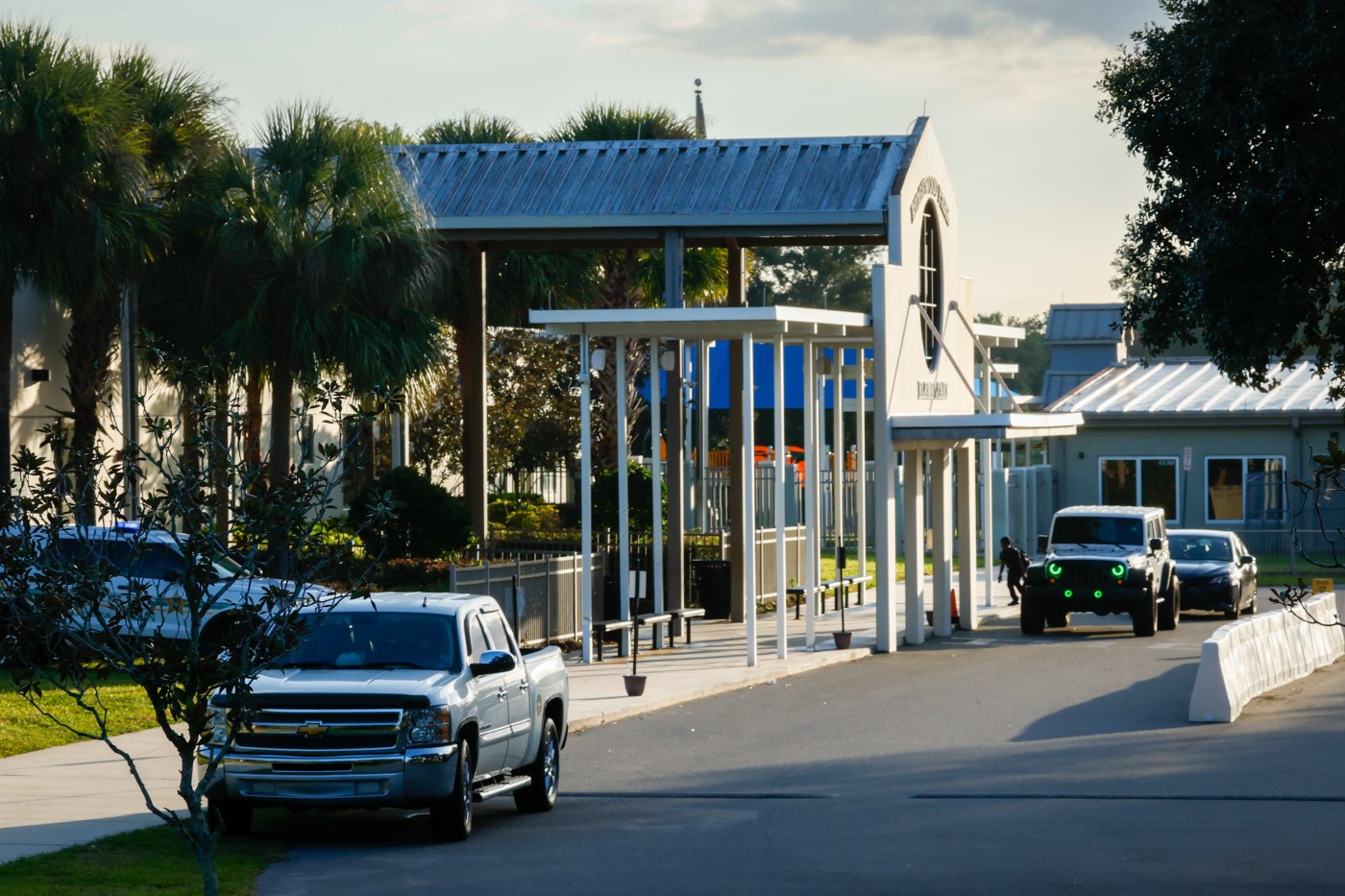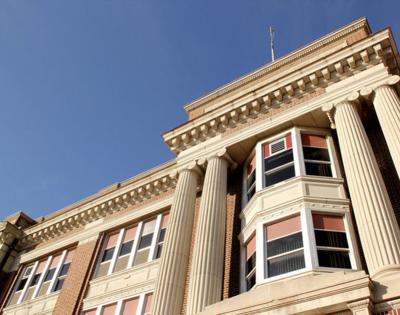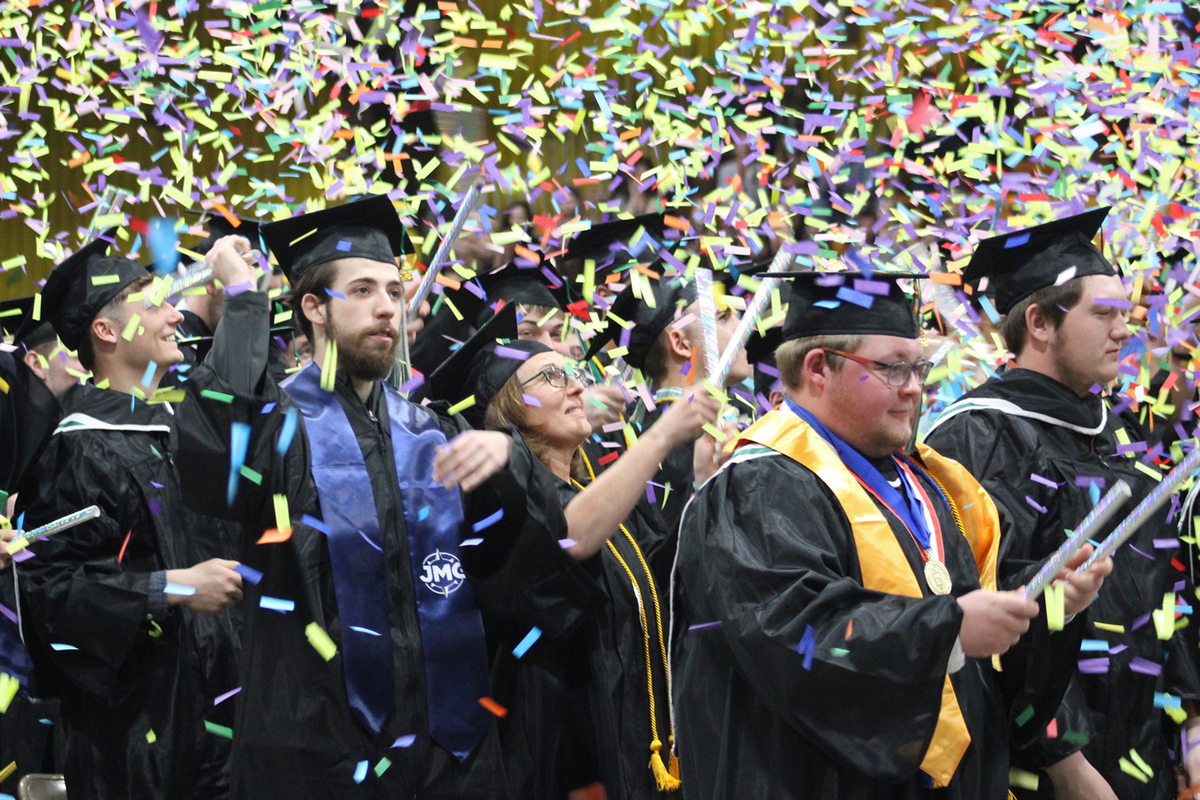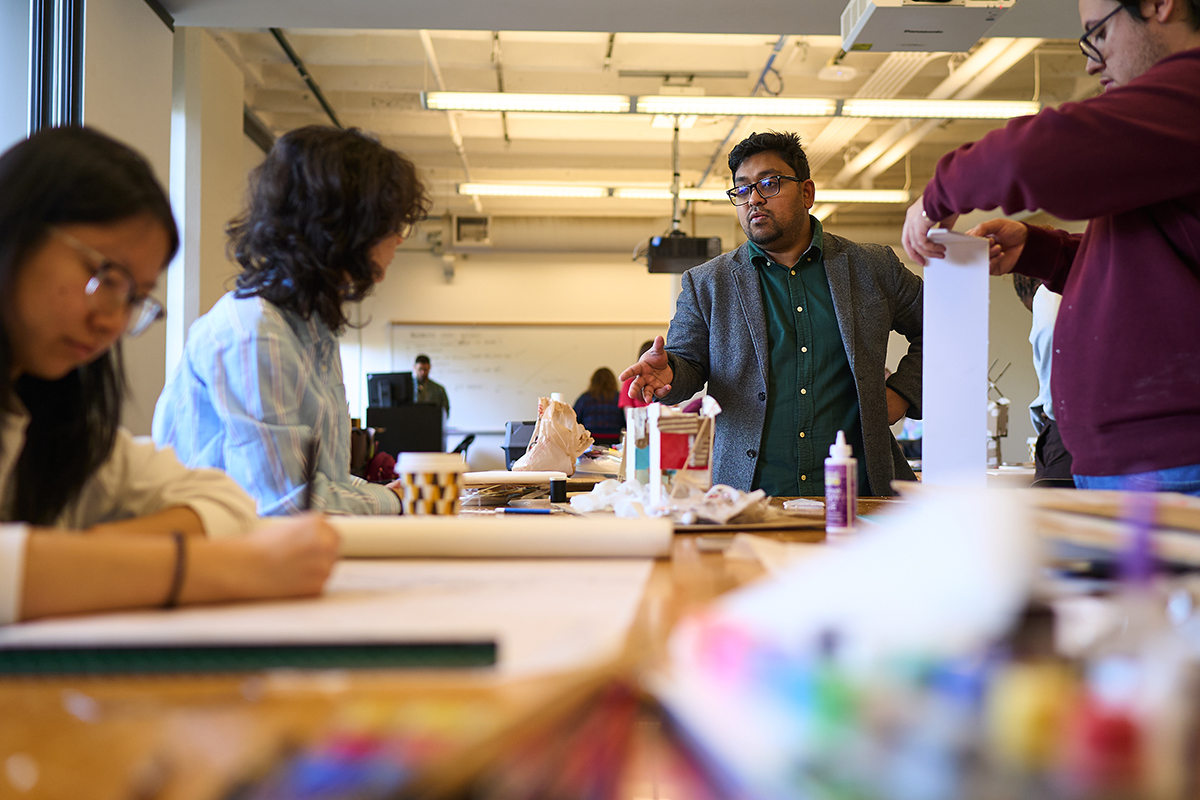The Committee on Trust in Higher Education at Yale University commenced its first listening session on October 18, 2023, aimed at addressing the growing concerns surrounding trust in academic institutions. Formed under the leadership of University President Maurie McInnis, the committee seeks input from students and staff to explore the factors contributing to declining trust in universities. A comprehensive report detailing findings and recommendations is expected to be released at the end of the academic year.
During the inaugural session, co-chair and history professor Beverly Gage emphasized that the committee’s focus will extend beyond external perceptions of trust to encompass the internal dynamics within the university community. “Our mandate is a little bit more the external trust question, but it seems pretty intimately tied to the campus climate and people’s own bonds of trust with each other here,” Gage stated.
The committee, composed entirely of tenured faculty, has yet to finalize its specific areas of focus. Participants at the listening session raised concerns regarding internal trust at Yale, particularly in light of budget constraints leading to cutbacks across campus. Approximately ten individuals, including students, faculty, and staff, attended the initial private discussion.
One undergraduate participant, Riley Avelar, highlighted the importance of considering how Yale’s affordability impacts its national reputation. Avelar remarked, “I think it’s really important to include in this report how Yale’s affordability affects how we are perceived on a national scale.”
Gathering Diverse Perspectives
The listening sessions are designed as small-group discussions to foster open dialogue about trust in higher education. Gage noted that the topics of political diversity, the cost of education, and admissions policies are among the critical issues the committee may address.
In an email, sociology professor and committee co-chair Julia Adams described the feedback from students, faculty, and staff as essential for the committee’s mission. McInnis has given the committee flexibility in deciding how to present its findings to both the university and the public. According to Gage, the report will outline the issues of trust in higher education and propose strategies for Yale to mitigate both internal and external mistrust.
“Our assumption is that the report is going to be one node of what we do,” Gage explained. “But then once the report comes out, there’s a lot more conversation to facilitate.”
Additionally, the committee plans to offer a course next semester titled HIST 3127: “Trust et Veritas: The Public Legitimacy of Universities.” This class will engage with primary sources from Yale’s archives to investigate how American universities have lost public trust over the years.
Addressing Criticism and Seeking Input
The committee has faced criticism regarding its exclusive faculty membership. Gage argued that the resolution of mistrust in higher education must originate from within the universities themselves, rather than relying on external commentary. “We need to face some of the critiques and problems that we’ve encountered quite seriously and then think about solutions that align with our values, our priorities,” she stated.
To encourage broader participation, the committee is accepting comments through its website and actively soliciting concerns from external groups and alumni. Neither Gage nor Adams specified which outside organizations have influenced the committee’s discussions.
The next listening sessions are scheduled for October 23, October 28, and October 29, 2023, as the committee continues its efforts to foster trust and transparency within Yale’s academic community.

